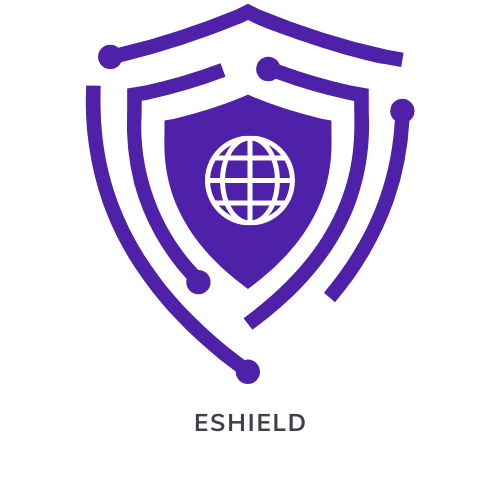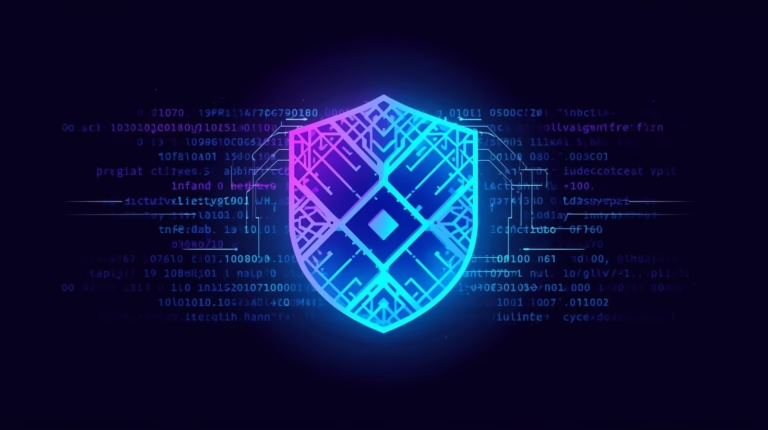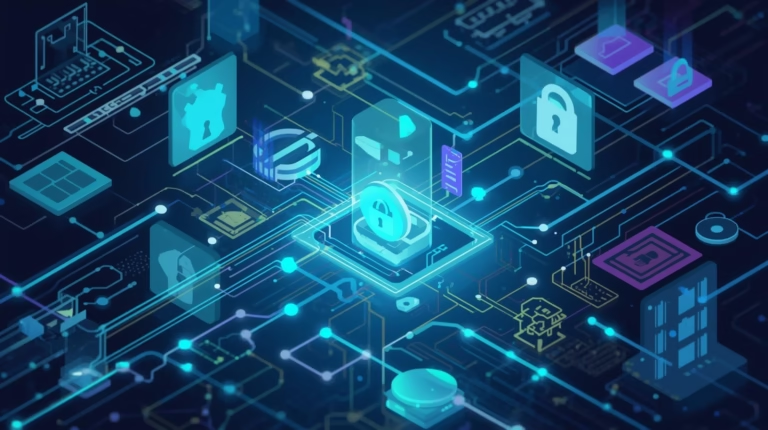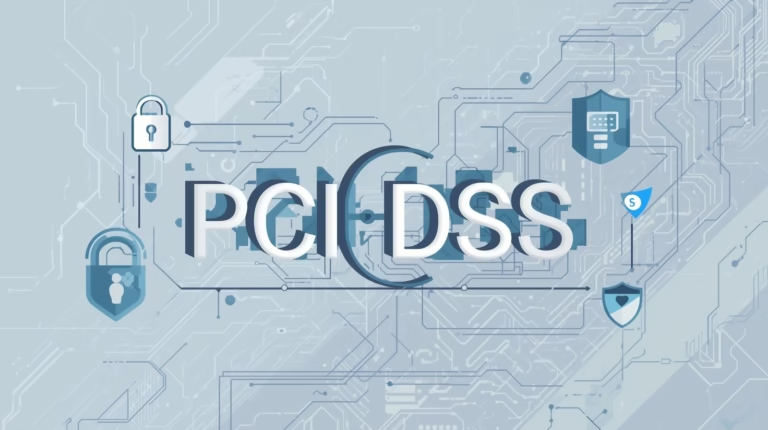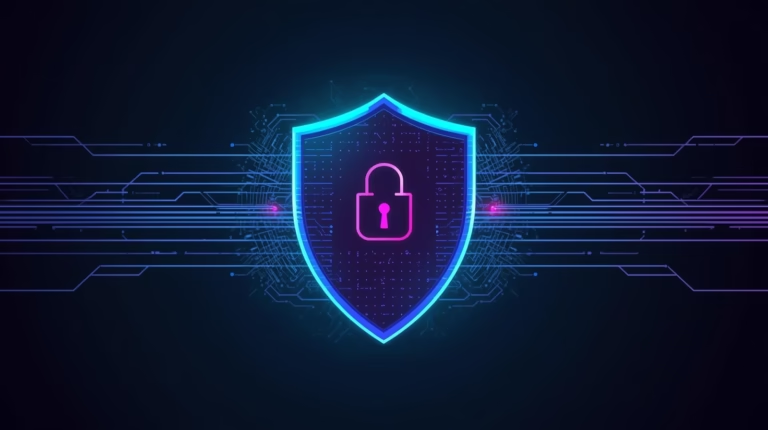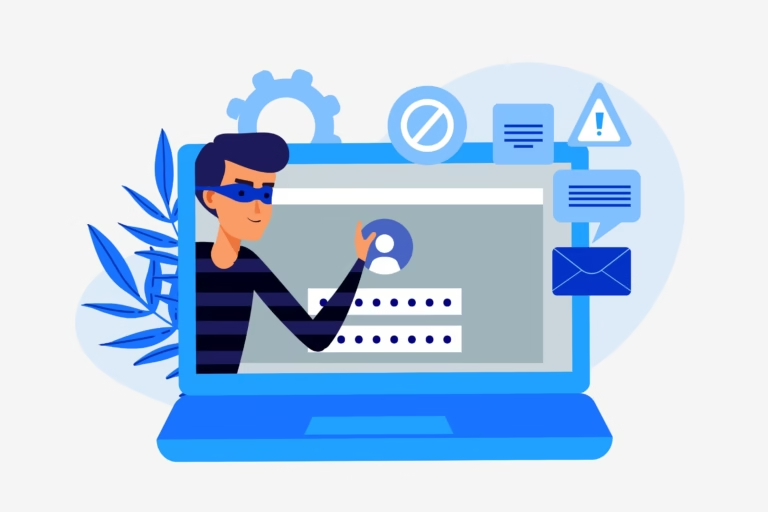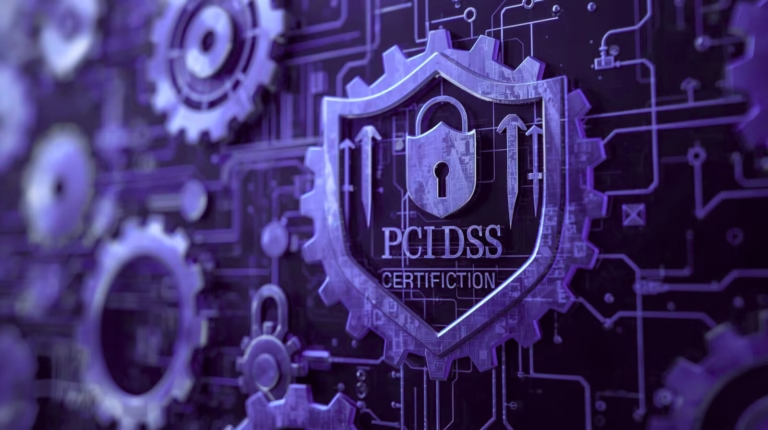Table of Contents
Pages
- About Us
- Vulnerability Assesment & Penetration Testing
- UAE Data Privacy
- KSA PDPL implementation and Fines
- Continuous Monitoring in Cybersecurity | Cyber Security Monitorring
- Empower Your Business with VCISO Services
- Soc Services
- Cyber Technology
- Security Assessments
- Audit and Compliance
- service
- India
- Cyber Security Framework SAMA
- Training & Skill Development
- Australia
- NESA Audit
- SOC2 Audit
- UAE
- Qatar
- Saudi Arabia
- Geographies
- Privacy Policy
- Penetration Testing
- Managed SOC Services
- Threat Hunting
- Dubai Computer Forensics
- Malware Analysis
- Cloud Security
- Incident Handling And Monitoring Services
- Red Team Assessments
- Mobile Application Audits
- Data Privacy
- ISO 27001
- Cyber Security Expert
- Vulnerability Assessment
- Application Security Auditing
- PCI DSS Compliance
- Privacy Policy-old
- Contact
- Blog
- Home
Categories
- What is Cyber Security?
- Web Application Security Auditing
- Web Application Security
- Web Application Firewall
- Web Apllications Security
- wapt
- Vulnerability Testing and Penetration Testing
- Vulnerability Scanning
- vulnerability assessment and penetration testing
- vapt
- Useful
- Uncategorized
- UAE Cyber Security Company
- top cyber security companies in the UAE
- Top 10 GRC Tools
- SOC UAE
- SOC 2 Certification Cost
- Security
- Red Teaming Services
- Red teaming
- Race Condition
- Privacy
- Pentest
- Penetration Testing
- PCI DSS Stands for
- PCI DSS Requirements
- PCI DSS Purpose
- PCI DSS Meaning
- PCI DSS Compliance
- PCI DSS Certification
- PCI DSS
- News
- new tech
- Most Popular SIEM Tools
- Managed Security Services Provider
- it security companies in dubai
- ISO 27001 Consultants in UAE
- ISO 27001 Compliance in the UAE
- General
- cybersecurity regulation
- Cybersecurity
- cyber sercurity firm
- Cyber Security UAE
- Cyber Security Specialist
- Cyber Security Services
- Cyber Security Near Me
- cyber security master
- Cyber Security Jobs in Dubai
- cyber security in UAE
- Cyber Security GRC
- Cyber Security Expert
- cyber security course
- Cyber Security Consultant
- Cyber Security Company in Dubai
- Cyber Security Company Dubai
- Cyber Security Company
- Cyber Security Companies
- Cyber Security Basic
- Cyber Security Awareness
- Cyber Security
- Compliance
- Application Penetration Testing
- AI-Powered Cybersecurity
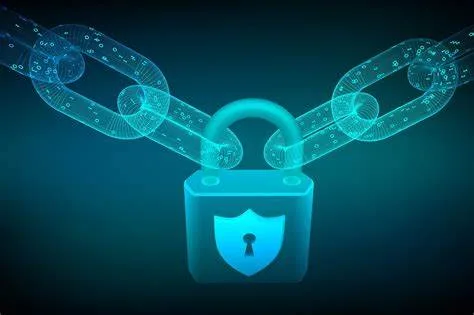
What is blockchain security and why is it important?
Blockchain security refers to the methods and technologies put in place to safeguard the data and transactions stored on a blockchain network. Security in blockchain networks is crucial to protect against a variety of threats, such as unauthorized access, data tampering, and fraudulent activities.
1. Immutable Record-
Blockchain technology relies on a decentralized and distributed network of computers to store transaction data. This ensures that once a transaction is recorded on the blockchain, it cannot be altered or deleted. This feature ensures the integrity of the data and prevents unauthorized modifications.
2. Transparency-
Blockchain networks are transparent, meaning that anyone can view the transactions recorded on the network. This transparency helps to build trust among users and ensures that all transactions are accounted for and verified.
3. Decentralization-
Blockchain networks are decentralized, meaning that there is no single point of failure. This makes it more difficult for hackers to compromise the network as they would need to attack multiple nodes simultaneously.
4. Cryptographic Security-
Blockchain networks use cryptographic algorithms to secure data and transactions. This makes it extremely difficult for hackers to intercept or manipulate the data as they would need to break the encryption to do so.
5. Trustless Transactions-
Blockchain technology allows for trustless transactions, meaning that users can securely transact with each other without the need for intermediaries. This eliminates the risk of fraud or manipulation by third parties.
How do blockchain security services protect your transactions?
1. Encryption:
Blockchain security services use advanced encryption techniques to protect the information stored in the blocks of the blockchain. This ensures that the data is secure and cannot be tampered with.
2. Public and private keys:
Each user in a blockchain network is assigned a unique set of public and private keys. The private key is used to sign and authorize transactions, while the public key is used to verify the authenticity of the transaction. This provides an additional layer of security to protect transactions.
3. Consensus mechanisms:
Blockchain networks rely on consensus mechanisms to validate transactions and add them to the blockchain. By requiring agreement from multiple nodes in the network, blockchain security services ensure that the transactions are valid and secure.
4. Immutable ledger:
Once a transaction is added to the blockchain, it cannot be altered or deleted. This immutable ledger feature ensures that all transactions are securely recorded and cannot be tampered with, providing a secure and transparent record of all transactions.
5. Distributed network:
Blockchain security services operate on a distributed network of nodes, with each node storing a copy of the blockchain. This decentralized structure means that there is no single point of failure, making it more difficult for hackers to compromise the network.
6. Smart contracts:
Smart contracts are self-executing contracts with the terms directly written into code. Blockchain security services use smart contracts to automate and securely enforce transactions, reducing the risk of fraud or errors in the transaction process.
Why should you consider a hardware security partner for your blockchain?
There are several reasons why it is important to consider a hardware security partner for your blockchain project:
1. Secure key storage:
Hardware security modules (HSMs) provide secure, tamper-proof storage for sensitive cryptographic keys used in blockchain transactions. By storing keys in a dedicated hardware device, you can prevent unauthorized access and protect against attacks such as key theft or tampering.
2. Enhanced security:
Hardware security partners offer built-in security features, such as secure boot, secure firmware updates, and secure key generation, to protect against a wide range of cyber threats. This helps to ensure the integrity and confidentiality of your blockchain network.
3. Regulatory compliance:
Many industries, such as finance and healthcare, have strict regulatory requirements for data security and privacy. By working with a hardware security partner, you can ensure that your blockchain project meets these compliance requirements and avoid potential fines or penalties.
4. Scalability:
As your blockchain project grows, you may need to support a larger number of users and transactions. Hardware security partners offer scalable solutions that can easily accommodate increased demand, ensuring that your blockchain network remains secure and performant.
5. Industry expertise:
Hardware security partners have extensive experience in developing and deploying secure solutions for a wide range of industries. By partnering with a trusted vendor, you can leverage their expertise and best practices to enhance the security of your blockchain project.
What are the key elements of a secure blockchain ecosystem?
1. Consensus mechanism:
A secure blockchain ecosystem includes a consensus mechanism that requires a majority of participants to agree on the validity of transactions before they are added to the blockchain. This ensures that malicious actors cannot manipulate the blockchain.
2. Encryption:
All transactions on the blockchain should be encrypted to protect sensitive data and prevent unauthorized access.
3. Immutability:
Once a transaction is added to the blockchain, it cannot be changed or deleted. This ensures the integrity and reliability of the data stored on the blockchain.
4. Distributed ledger:
A secure blockchain ecosystem is decentralized and relies on a distributed ledger that is shared across multiple nodes. This prevents a single point of failure and makes it difficult for hackers to compromise the network.
5. Smart contracts:
Smart contracts are self-executing contracts with the terms of the agreement directly written into code. They automate processes and reduce the need for intermediaries, making transactions on the blockchain more secure and efficient.
6. Audibility:
All transactions on the blockchain are transparent and can be audited by anyone with access to the network. This promotes trust and accountability within the ecosystem.
7. Governance:
A secure blockchain ecosystem requires a governance structure that ensures compliance with regulations and guidelines, as well as the ability to resolve disputes and make decisions about the future direction of the network.
8. Proof of work or proof of stake:
A secure blockchain ecosystem uses a consensus algorithm such as proof of work or proof of stake to validate transactions and prevent double-spending. These algorithms require participants to expend resources or stake tokens to participate in the network, reducing the likelihood of malicious behavior.
How to implement comprehensive security standards for blockchain applications?
1. Conduct a thorough risk assessment:
Before implementing security standards for blockchain applications, it is important to understand the potential threats and vulnerabilities to the system. Conduct a comprehensive risk assessment to identify potential security risks and prioritize them based on their severity.
2. Implement strong access control measures:
Limit access to the blockchain system by implementing strict access control measures. This includes using strong authentication methods, such as multi-factor authentication, and restricting user permissions based on their roles and responsibilities.
3. Encrypt sensitive data:
Encrypting sensitive data stored on the blockchain can help protect it from unauthorized access. Use encryption techniques such as AES or RSA to secure data both at rest and in transit.
4. Regularly update and patch software:
Keep your blockchain applications up to date by applying security patches and updates regularly. This helps to address any vulnerabilities that may be discovered over time.
5. Implement secure coding practices:
Follow secure coding standards and best practices when developing blockchain applications. This includes implementing input validation, sanitization, and output encoding to prevent injection attacks and other common security vulnerabilities.
6. Monitor and audit system activity:
Implement monitoring tools to track and audit system activity on the blockchain network. This can help detect suspicious behavior or unauthorized access attempts in real-time.
7. Implement secure smart contract development:
If your blockchain application uses smart contracts, ensure that they are developed securely by following best practices and conducting thorough code audits. Smart contracts can be vulnerable to attack if not properly implemented.
8. Engage with security experts:
Work with security experts or consultants to review your security measures and provide recommendations for improvement. They can help identify potential security gaps and provide guidance on how to address them effectively.
9. Develop a robust incident response plan:
Prepare for potential security incidents by developing a comprehensive incident response plan. This should outline the steps to take in the event of a security breach, including communication protocols, mitigation strategies, and recovery procedures.
10. Regularly test and assess security measures:
Conduct regular security testing, such as penetration testing and vulnerability assessments, to identify and address any security weaknesses in your blockchain applications. This can help ensure that your security measures remain effective and up to date.
